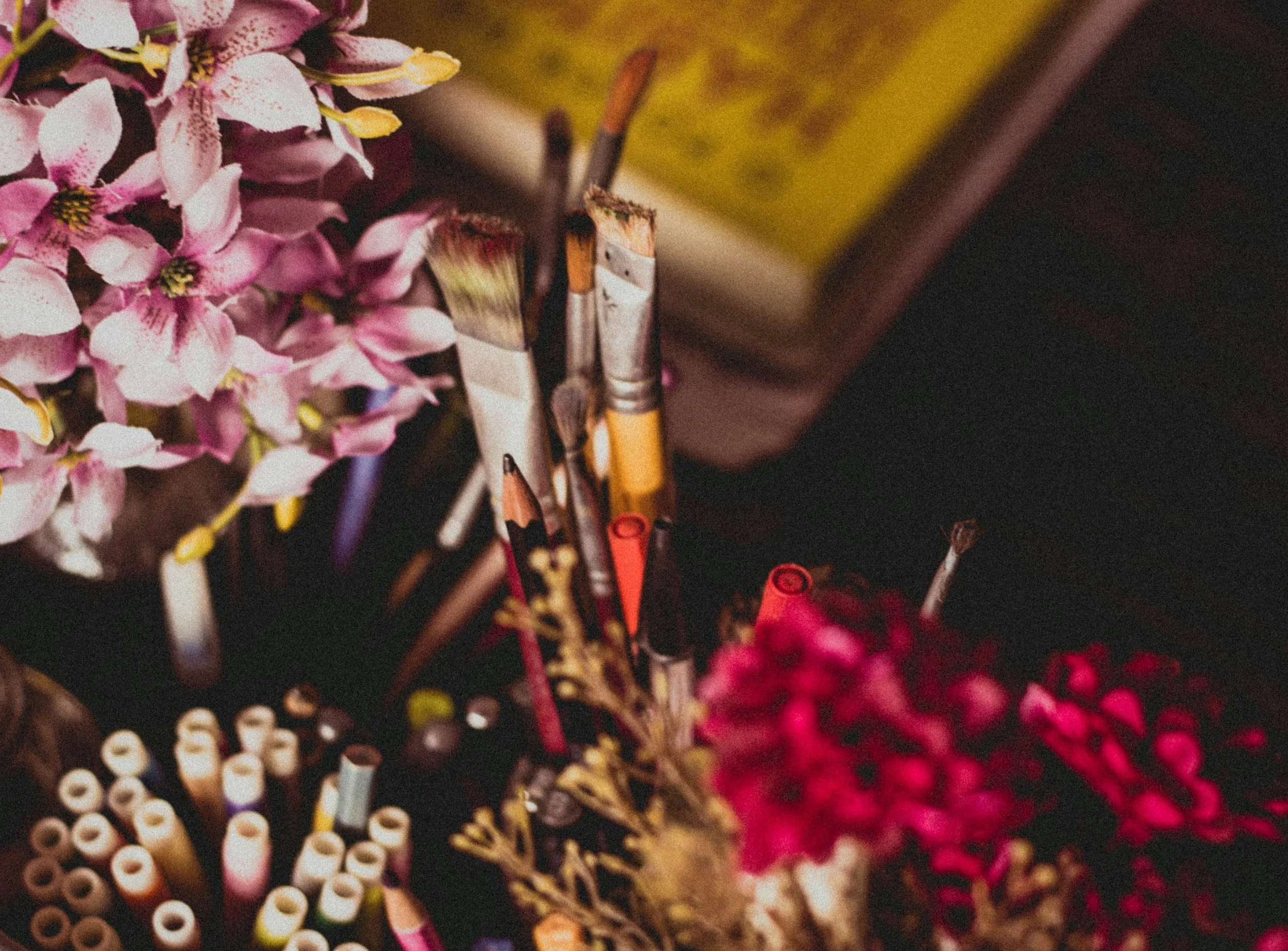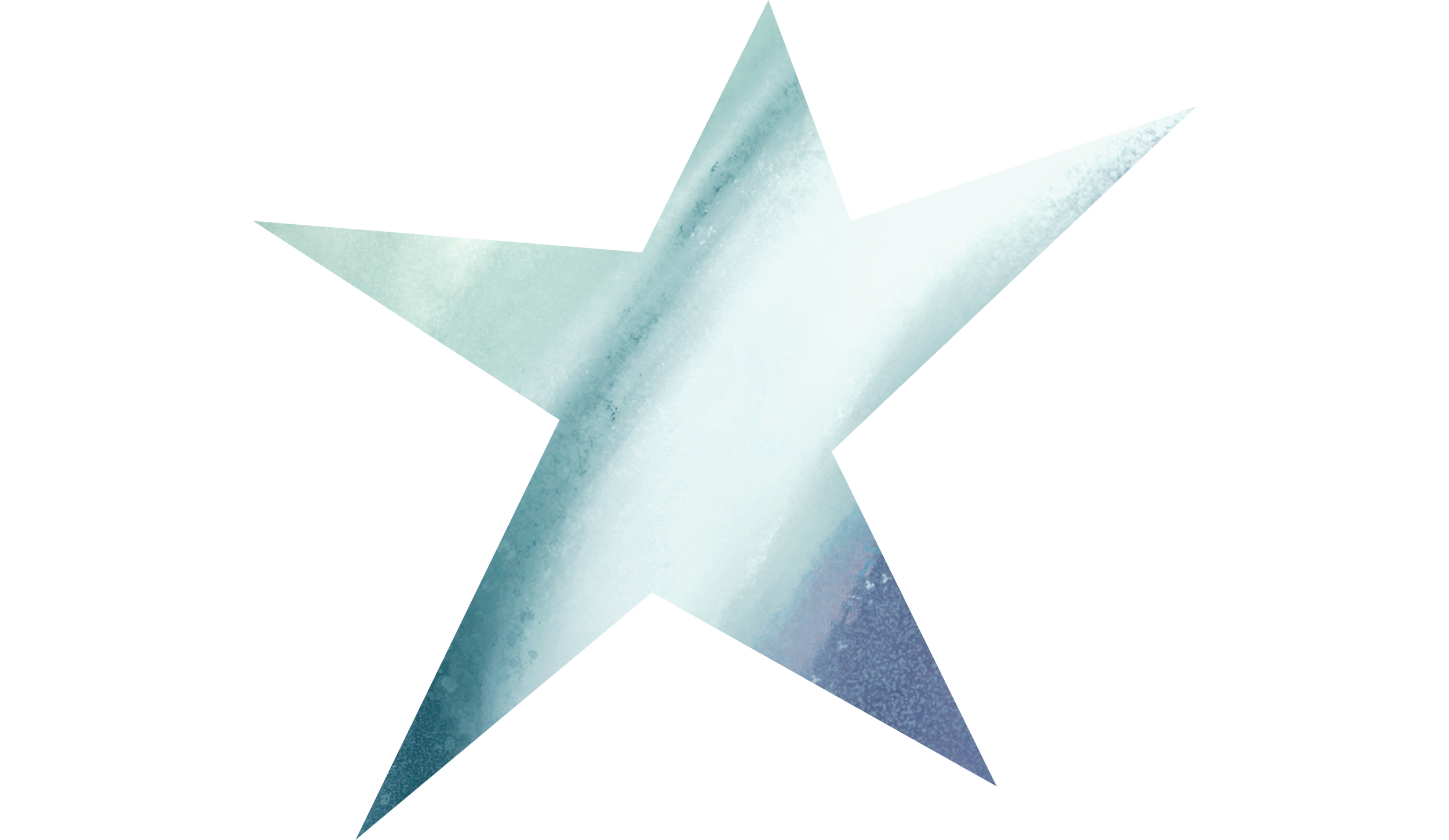The Art of Doing Nothing
In a world that constantly demands productivity, the idea of doing nothing can feel counterintuitive—maybe even lazy. But what if doing nothing was actually one of the most productive things you could do as a creative?
Welcome to the art of doing nothing. It’s the practice of letting go of your endless to-do lists and simply being. For artists, writers, designers, and creators of all kinds, it can be the key to unlocking fresh ideas, restoring your energy, and reconnecting with your creativity — It’s a creative’s secret weapon!
Why Doing Nothing Matters for Creatives
You can’t really force creativity—it just kind of happens. Honestly, some of my best ideas come when I’m not even trying, like when I’m in the shower, out for a walk, or just daydreaming like I did as a kid. It’s in those random moments when your mind is free to wander that the magic happens. That’s when inspiration hits—when you’re not overthinking or too busy to notice it.
When you take intentional time to pause, you:
Reduce Stress: Overworking can stifle creativity, while rest lowers cortisol levels and helps your brain function better.
Boost Creativity: A rested mind is a creative mind. Moments of stillness often lead to unexpected connections and ideas.
Restore Energy: Constant output without input leads to burnout. Rest fills your creative well.
Deepen Presence: The art of doing nothing teaches you to savor the moment, which can lead to richer creative expression.
How to Practice the Art of Doing Nothing
Schedule It
Set aside time for intentional nothingness. This could be 10 minutes in the morning, a mid-afternoon break, or even a Sunday afternoon ritual.
Unplug
Disconnect from your devices. No emails, no scrolling, no notifications. Just you and the present moment.
Find Your Place
Pick a spot where you feel relaxed—you can go outside or stay inside. Just pick a spot that you can decompress and relax.
Be Fully Present
Focus on the sensations around you: the sound of birds, the feel of the breeze, or the warmth of the sun. Engage your senses to anchor yourself in the moment without any specific agenda.
Embrace the Guilt
Feeling guilty about not being productive?
Acknowledge it and let it go. Remind yourself that this downtime is a gift to your creativity.
Let Your Mind Wander
Give yourself permission to daydream. Let your thoughts drift wherever they want without trying to control them. You might stumble upon surprising insights or ideas when your mind isn’t tethered to a task.
The Creative Benefits of Doing Nothing
When you make the art of doing nothing a habit, you’ll likely notice some surprising changes:
You’ll feel more mentally refreshed and ready to tackle new projects.
Your ideas will flow more freely, often in unexpected directions.
You’ll approach your work with less stress and more joy.
Some of history’s greatest minds—like Albert Einstein and Salvador Dalí—valued rest and daydreaming as part of their creative process. If it worked for them, why not give it a try?
Here’s a challenge for you
This week, spend 10 minutes each day doing absolutely nothing. No agenda, no pressure, just stillness. Take a walk, sit quietly, or simply let your mind wander so you can reconnect with your creative muse.
After a week, reflect on how you feel and whether it’s impacted your creativity. Did you have a breakthrough idea? Feel more at ease? Let me know in the comments—I’d love to hear about your experience.
Remember, the art of doing nothing can feel weird and stir anxiety— that’s totally normal. The art of doing nothing is about creating space for your imagination to thrive. In the rush of life or doing too much, endless scrolling and noise, doing nothing is a gentle reminder to slow down and enjoy the sweetness of simply being.
Stay creative, and don’t forget to pause.
x Izza







